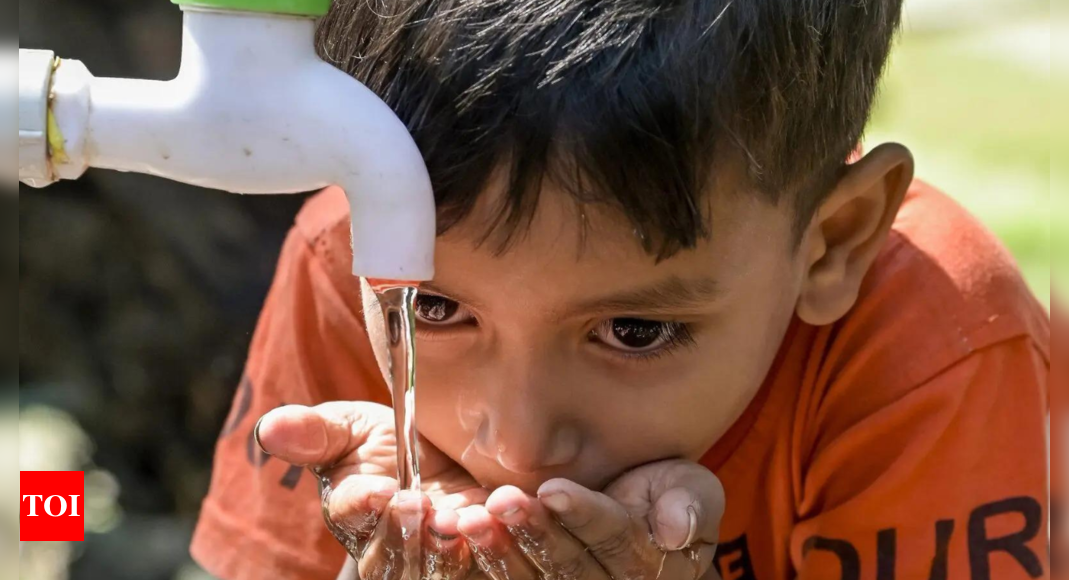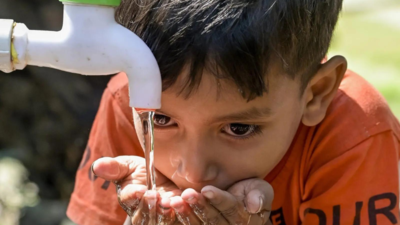MUMBAI: A report titled–Water for all which did an impact assessment of Access to Legal Drinking Water Connection to residents of Informal Settlements in Mumbai was released on Wednesday at the University of Mumbai. The report is authored by Sanjay Patil, Research Assistant, and PhD Scholars Ankita Bhatkhande and Ravindra Swami from the University of Mumbai’s Department of Civics and Politics and was facilitated by Pani Haq Samiti (PHS).
The findings of this study point towards the considerable impact that legal water connections have created on the lives, livelihoods and overall well-being of people in several informal settlements of Mumbai.
It maybe recounted that that the BMC’s “Water for All” scheme was formally launched by then Chief minister Uddhav Thackeray which aimed at providing water connections to slums, unauthorised non-slum settlements, Gaothans, and Koliwadas. Civic data shows that 15,375 permissions have been issued so far.
However despite getting access to a legal water connection, residents from many of these settlements continue to face challenges on various fronts even today stated the report.
In many localities such as Ambojwadi, Malad after getting a connection, residents have complained of poor water pressure and erratic timings of water supply. A total of 202 respondents were surveyed across the selected localities which have received a legal water connection, with a majority of female respondents considering that they are primarily responsible for fetching water and utilising it for cooking and cleaning due to prevailing gender norms.
Prior to getting a legal water connection, half of the respondents said that they paid between Rs. 300 and Rs. 800 monthly for water, while 33.7% spent between Rs. 800 and Rs. 1500 monthly. Co-author Sanjay Patil stated, “This policy benefits the BMC as many informal settlements were already accessing water illegally—essentially BMC’s own supply. Implementing it would help eliminate the informal water economy.”
About 6% of respondents said they spent over Rs. 2,000 monthly on buying water. This was mainly the case for respondents from large families or with more children. In 48% of households, women are responsible for filling water, while in 5% of households, young girls are primarily responsible for the task. Many women and young girls described the hardships they experienced in procuring and filling water before they got a legal water connection.











